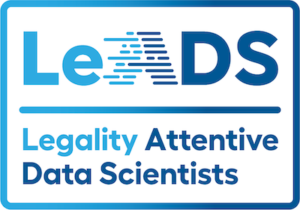Conference on Data Ethics and Governance: Unravelling the Complexities of Privacy, Fairness, and Access in the Digital Age
2024, the final year of the LeADS project, kickstarted with an intensive three-day meeting packed with a wide variety of LeADS activities. Organized by the LeADS consortium, the activities took place in Brussels on the campus by LeADS beneficiary VUB.
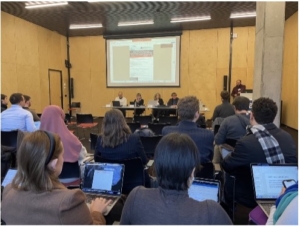 During this packed three days, three distinct events took place, amongst them the Conference on Data Ethics and Governance: Unravelling the Complexities of Privacy, Fairness, and Access in the Digital Age.
During this packed three days, three distinct events took place, amongst them the Conference on Data Ethics and Governance: Unravelling the Complexities of Privacy, Fairness, and Access in the Digital Age.
During two separate sessions, ESRs presented their Working Papers which they have been writing in 2023. Each presentation was followed by a discussion with distinguished academics.
The first panel on ‘Challenges and Opportunities in Fair Machine Learning, Data Access, and Governance was initiated with opening remarks by Prof. Giovanni Comande’. The following three working papers were presented (i) The Flawed Foundations of Fair Machine Learning (ii) Measuring Data Access and Re-Use in the European Legal Framework (iii) Data Collaboratives with the Use of Decentralised Learning. The working papers were subsequently discussed by Dr Laura Drechsler (KU Leuven), Dr. Katarzyna Poludniak, Jagiellonian University, and Prof. Gabriele Lenzini, University of Luxemburg.
The second panel on ‘Data Privacy, Minimization, and Governance in Personal (and Sensitive) Data’ was chaired by Prof. Gianclaudio Malgieri (Leiden University) and consisted of the presentation of the following Working Papers: (i) 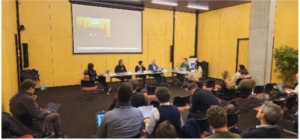
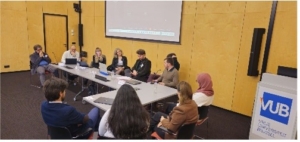 Contribution to data minimisation for personal data and trade secrets (ii) Transparency and relevancy of direct-to-consumer genetic testing privacy & consent policies in EU (iii) From Data Governance by Design to Data Governance as a Service.
Contribution to data minimisation for personal data and trade secrets (ii) Transparency and relevancy of direct-to-consumer genetic testing privacy & consent policies in EU (iii) From Data Governance by Design to Data Governance as a Service.
In a following Q&A session, Prof. Elwira Macierzyńska-Franaszczyk (Jagiellonian University), Dr Arianna (Rossi, Scuola Superiore Sant’Anna), and Dr Afonso Ferreira (Centre National de la Recherche Scientifique) further discussed, challenged, and contextualized the work by our ESRs.


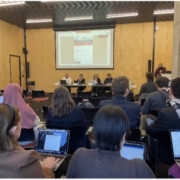
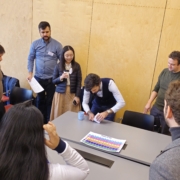
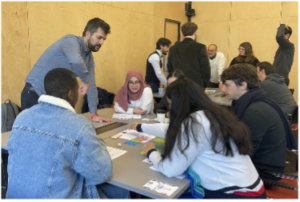
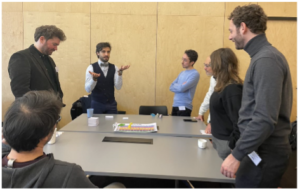
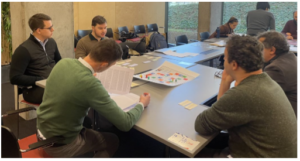 In
In  of a fictional town. Each player needs to collaborate with at least another player and use his/her knowledge in legal and technological domains to solve challenges that data subjects may face in real life.
of a fictional town. Each player needs to collaborate with at least another player and use his/her knowledge in legal and technological domains to solve challenges that data subjects may face in real life.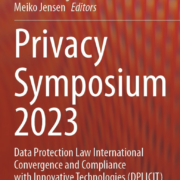
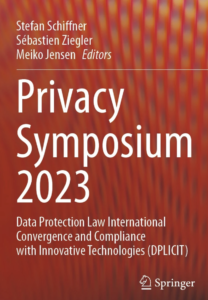 ESRs Soumia Zohra El Mestari and Fatma Sümeyra Doğan, along with Dr Marietjie Botes, have recently published a paper at the
ESRs Soumia Zohra El Mestari and Fatma Sümeyra Doğan, along with Dr Marietjie Botes, have recently published a paper at the 
